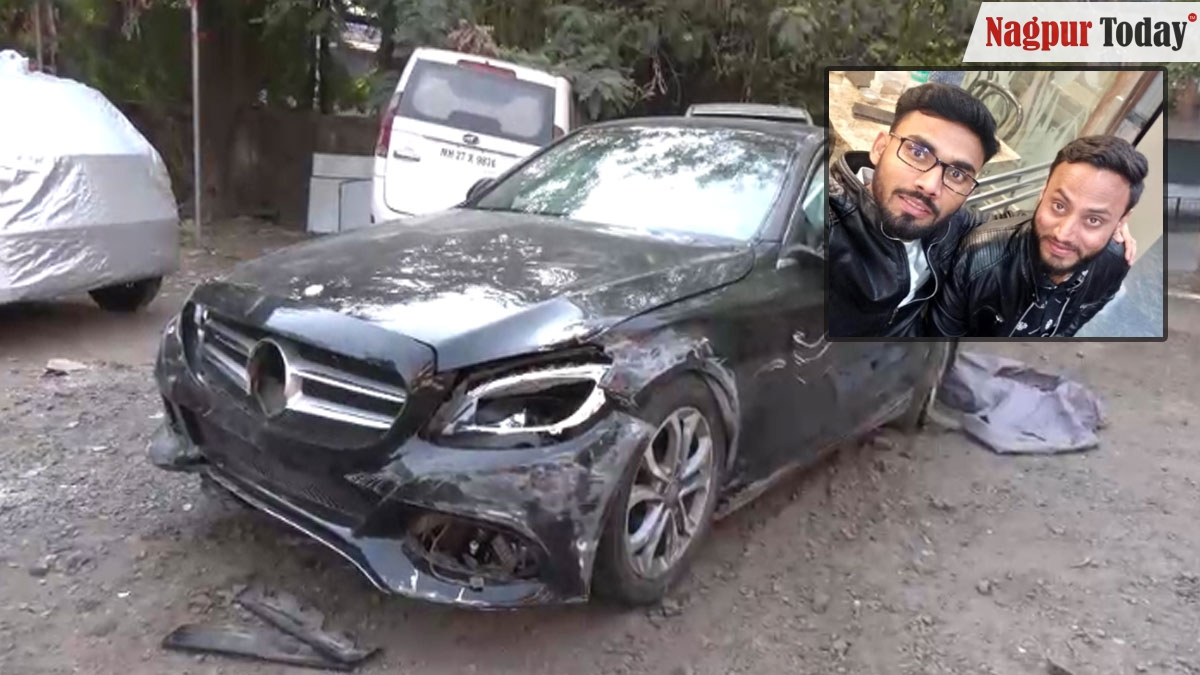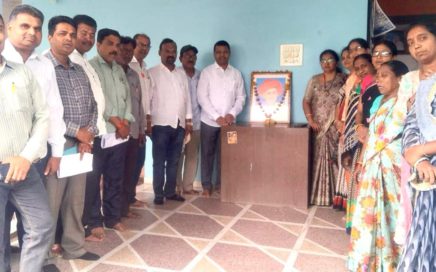Nagpur: The Sessions Court in Nagpur has fixed April 16 as the date to hear the anticipatory bail plea of Ritika Maloo who was allegedly behind the wheels of the Mercedes which had hit two friends on a scooter, Mohd Hussain Mustafa and Mohd Ateef, leading to their deaths in the early hours of February 25 on Rma Jhula.
Meanwhile, the Judicial Magistrate First Class (JMFC) had rejected the plea of the Tehsil police to re-arrest Ritika on the grounds that there was nothing crucial to recover or seize from her.
On the contrary, the police had been seeking her custody for the second time for detailed questioning regarding the accident. Police are now set to file a revision petition against the JMFC court’s decision.
Ritika and Madhuri Sarda were heading home from CP Club where they attended a party before leaving the premises. Police had seized the CCTV camera footage and liquor bill from the club.
Tehsil Police had initiated legal proceedings to obtain custody of Ritika Maloo, the accused in the ghastly Ram Jhula accident, through a court order. By invoking non-bailable charges of culpable homicide not amounting to murder, the police are now seeking court permission to revoke her previous bail, granted under bailable provisions, and to re-arrest Ritika.
In the early hours of February 25, Ritika and her co-passenger, Madhuri Sarda, were travelling in a Mercedes car that collided with the scooter of Mohd Hussain Mustafa and his friend Mohd Ateef on the Ram Jhula, resulting in their deaths.
The police will contest Ritika’s anticipatory bail plea before the Sessions Court. In their affidavit seeking the rejection of Ritika’s anticipatory bail, the police will argue for the necessity of her custodial interrogation.
Initially, the Tehsil police had charged Ritika under bailable provisions of Section 304A of the Indian Penal Code (IPC), but later changed it to the non-bailable Section 304 IPC for culpable homicide not amounting to murder.
Controversy had arisen over the application of Section 304(A) of the IPC against Ritika. Critics had argued that the non-bailable Section 304 IPC should have been applied, preventing Ritika from being granted bail within 24 hours. Experts argue that if Section 304 IPC had been invoked, the court would not have granted bail to Ritika. The circumstances surrounding the co-passenger’s involvement raise questions about the overall handling of the case.















